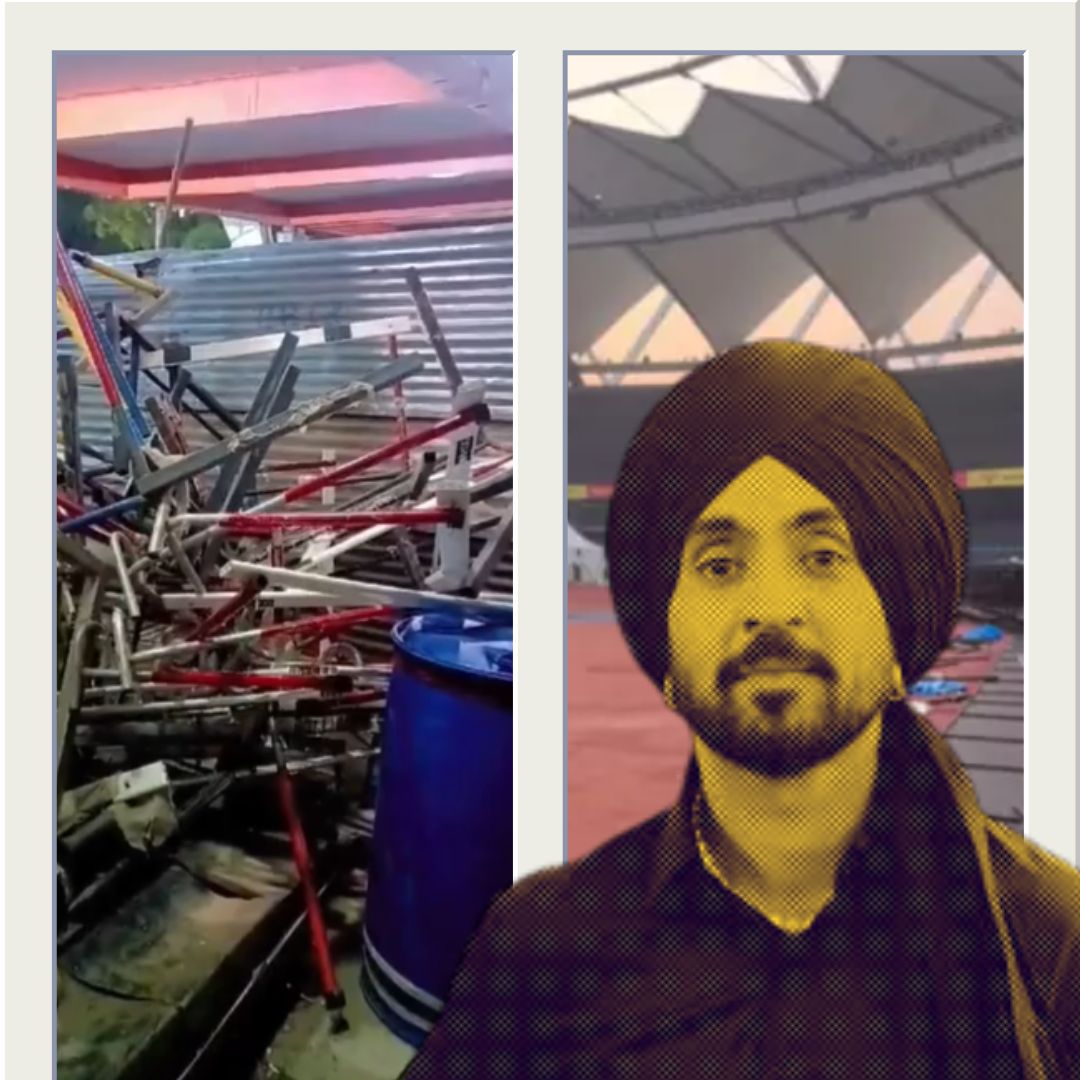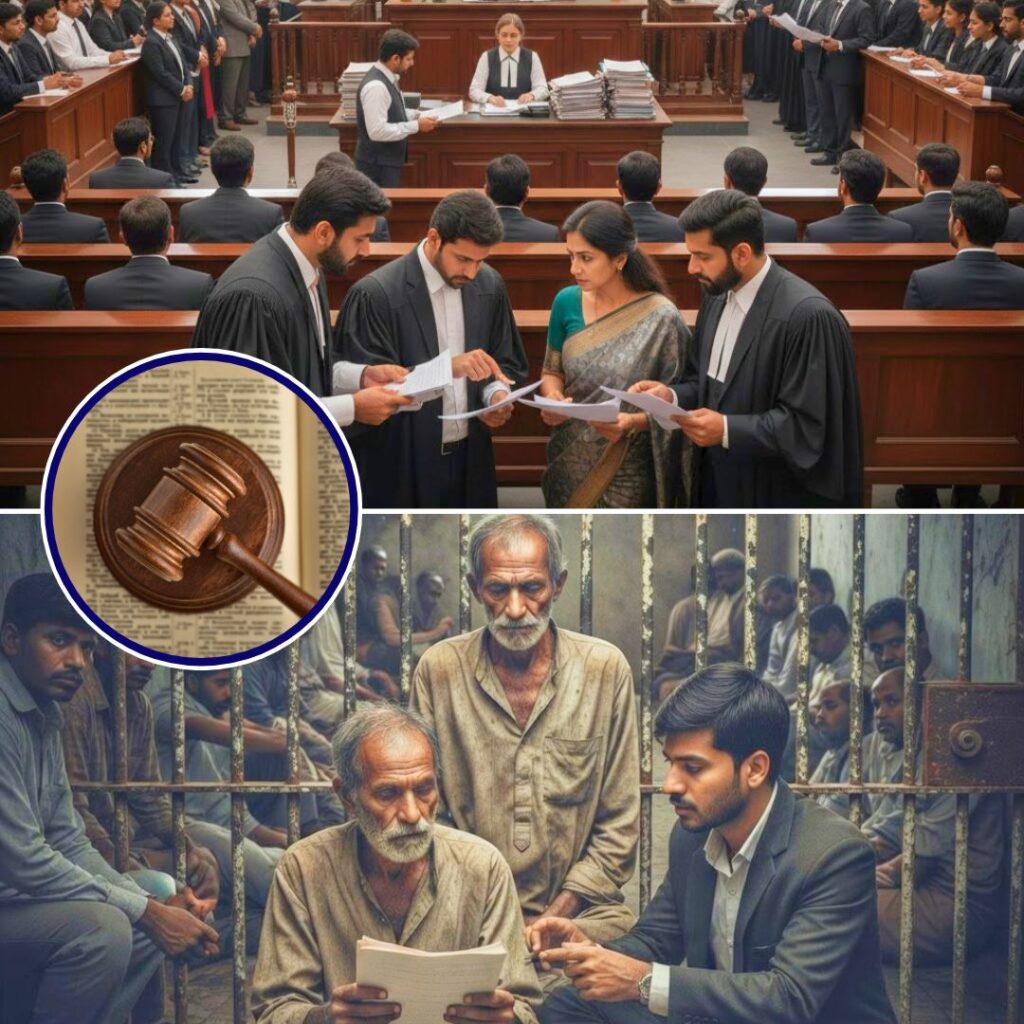The Jawaharlal Nehru Stadium in Delhi was left in disarray after a two-day concert by Punjabi singer Diljit Dosanjh on October 26-27, 2024. Athlete Beant Singh highlighted the state of disrepair, sharing a video that showed broken equipment and litter, while expressing concerns about the lack of respect for athletes. The Sports Authority of India (SAI) has since committed to restoring the stadium before an upcoming Indian Super League match on October 31, stating that the venue should have been returned in its original condition.
Athletes Voice Their Frustration
Following the “Dil-Luminati” concert, many athletes returned to find their training venue littered with garbage, broken hurdles, and discarded alcohol bottles. Beant Singh shared a video on Instagram showcasing the aftermath, stating, “This is where athletes train but here people had alcohol and partied.” He emphasized that the stadium had been closed for a week prior to the event, disrupting training schedules for young athletes preparing for national competitions. Reports indicate that some equipment was broken and carelessly thrown aside, leading to calls for accountability from both event organizers and authorities.
Government’s Response and Background on Venue Usage
In light of the backlash, the Sports Authority of India (SAI) announced that the Jawaharlal Nehru Stadium has been cleaned and will be ready to host its next event. SAI clarified that the organizers of Diljit Dosanjh’s concert had booked the venue until October 28 for cleaning at full rental charges and were contractually obligated to return it in its original condition. SAI’s statement noted that no elite or junior athletes were currently training at the stadium due to it being off-season. The stadium has a rich history as a premier sporting venue in India, originally built for the 1982 Asian Games and renovated for the 2010 Commonwealth Games. However, this latest episode raises questions about prioritization and respect for athletic spaces.
Impact on Training and Future Events
The disruption caused by the concert has significant implications for athletes, particularly with national championships approaching. Many have been advised to train outdoors until the stadium is cleared of debris. Furthermore, some athletes are seeking compensation for damaged equipment, which can be costly to replace. A coach revealed that several athletes have submitted requests to SAI for compensation after their training equipment was damaged during the concert. This incident highlights an ongoing struggle for athletes who feel their training environments are not adequately respected or maintained.
India's middle distance runner Beant Singh has slammed the organisers of the Diljit Dosanjh concert
— The Khel India (@TheKhelIndia) October 29, 2024
JLN Stadium was all messed up with garbage, beer bottles , and broken athletic equipment
Equipment such as hurdles was gathered by budding athletes on their own money.
SHAMEFUL! pic.twitter.com/xr3bJKBLLI
News in Q&A
1. What happened at the Jawaharlal Nehru Stadium following the Diljit Dosanjh concert?
The Jawaharlal Nehru Stadium was left in disarray after a two-day concert by Punjabi singer Diljit Dosanjh on October 26-27, 2024. Athletes found their training ground littered with garbage, broken equipment, and alcohol bottles, prompting significant outrage.
2. How have athletes reacted to the state of the stadium?
Athletes, including middle-distance runner Beant Singh, expressed their frustration on social media, highlighting the disrespect shown to their training environment. Singh criticized the event’s organizers for prioritizing entertainment over the needs of athletes, stating that such negligence reflects a broader disregard for sports in India.
3. What steps is the Sports Authority of India (SAI) taking in response to the situation?
In response to the backlash, SAI has committed to restoring the stadium before an upcoming Indian Super League match on October 31. They acknowledged their contractual obligations regarding venue conditions and confirmed that cleaning efforts were underway.
4. Are athletes seeking any form of compensation for the damage incurred?
Yes, some athletes are seeking compensation for damaged training equipment due to the concert. Reports indicate that several athletes have submitted requests to SAI for reimbursement, emphasizing the financial burden caused by the neglect of their training facilities.
5. What is the broader implication of this incident for sports infrastructure in India?
This incident highlights ongoing concerns about the treatment of sports facilities in India, particularly when they are repurposed for large events. Athletes feel that their training environments are not adequately respected or maintained, raising questions about how future events will be managed to prevent similar issues.
The Logical Indian’s Perspective
This situation underscores an urgent need for greater respect and support for athletes in India. As we aim for excellence on international platforms like the Olympics, it is crucial that our sporting facilities are treated with care and consideration. The treatment of our athletes reflects societal values; thus, we must ask ourselves: How can we ensure that our sports venues are preserved for those who dedicate their lives to representing India? We invite readers to share their thoughts on how we can foster a culture of respect for our athletes and their training environments.













